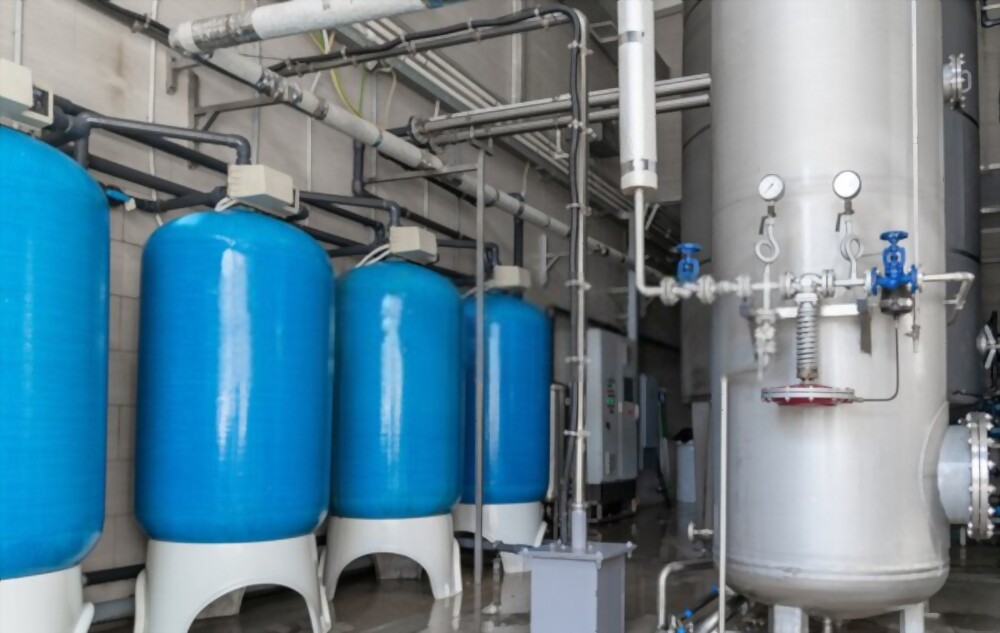With a population of 138 crores, India hurtles to become a more developed economy in the coming years. Due to this swell in the population growth, one out of ten deaths are caused due to the deteriorating health of our environment. Rapid industrialisation, widespread factories, poor drainage systems, and polluted sewage drains – all hiked up the number of pollutants contaminating our surroundings. One of the major sources of these pollutants is wastewater. Strict management of sewage in India is the need of the hour. It is only through effective wastewater management that we can overcome problems like the clean water crisis, threats to marine life, environmental changes and other concerns. Let us learn where wastewater plants are needed the most and why?
Where Are Wastewater Treatment Plants Needed and Why?
The two major sources of wastewater water contamination in India are sewerage and industrial waste. Since both the population of India and the industrialisation of land are at their pinnacle, wastewater accumulation is at its all-time rise. Adding to this problem is the contamination and disappearance of freshwater sources like lakes, ponds, rivers, wells, and groundwater. Untreated domestic water adds to this growing problem, pushing public health on the brink of an alarming situation. People fear that someday water may become a premium commodity.
Another highly contaminated source of water is coming from factories and chemical industries. For instance, toxic water flowing down from pipes in the industries enters river bodies and pollutes them, endangering marine life. A good amount of this chemical wastewater also seeps into the ground, polluting underground water sources. This results in polluting the well water, crops that grow out of this soil and the source of water entering thousands of homes in the neighbourhood. Therefore, it is required that we start functioning on the ground level to cure the water flowing into rivers, reaching our homes and seeping inside the soil. The treatment needs to begin with Sewage treatment plants and Greywater treatment plants for municipal wastewater treatment. For industrial waste treatment, we can use methods like ultrafiltration water system, reverse osmosis system, pressure sand filters system and other necessary procedures. Let us discuss a few well-known cleaning methods to understand their function better.
Sewage Treatment Plant
A sewage treatment plant or commonly known as domestic wastewater treatment is the kind of treatment that removes contaminants from sewage water and releases the effluent into the surrounding. This water is fit for irrigation purposes.
Greywater Treatment Plant
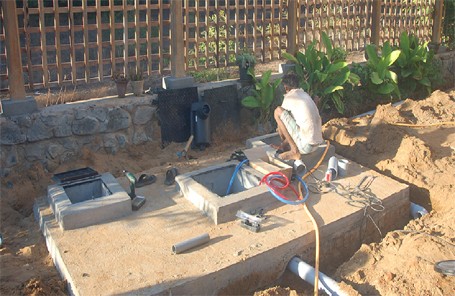
Similar to sewage treatment plants, greywater treatment plants purifies water that is used for domestic purposes. Municipal corporations prefer greywater treatment in India in compliance with Swach Bharat Abhiyaan.
Ultrafiltration Water Treatment
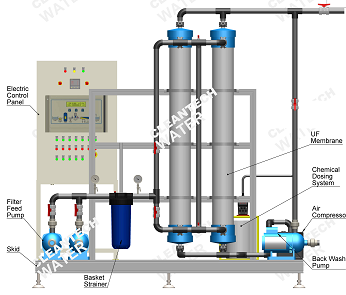
Ultrafiltration (UF) involves a variety of membrane filtration, which uses hydrostatic pressure to force water through a semipermeable membrane. Suspended solid particles and solutes of high molecular density are retained by this method, while clear water easily passes through the membrane(s).
Pressure Sand Filters System
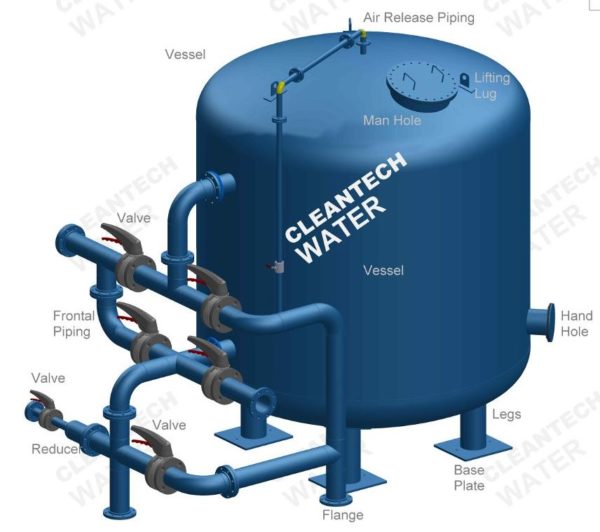
The Pressure Sand Filter system consists of multiple-layer sand, which varies in size and gravity to suit the purification process. These sand layers are designed to remove turbidity and suspended particles present in the water using minimum pressure drops.
Dual Media Filter
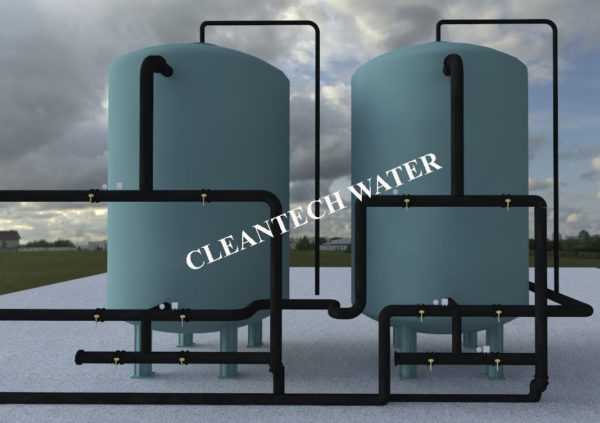
A dual filter, also known as sand-anthracite filter or multi-media filter, removes the turbidity and suspended solids as minute as 20 microns. Dual media filters provide excellent particle removal facility under high filtration rate. You can install such filters at home for clean water consumption.
Activated Carbon Filter
Activated carbon filtration is one of the most commonly used technologies considering the adsorption of contaminants from the surface of a water filter. This method effectively removes organics (such as unpleasant taste and odours, micropollutants), fluorine, chlorine, or radon from consumable water or wastewater.
Where to Find Wastewater Treatment Plants Installer?
With a variety of options at your disposal, trust the efficiency of Cleantech Water as we are one of the highly reputed and trusted companies in India, offering easy water solutions with our high-quality water treatment plants. You can contact us at info@cleantechwater.co.in or call us at +91-9558996411.


